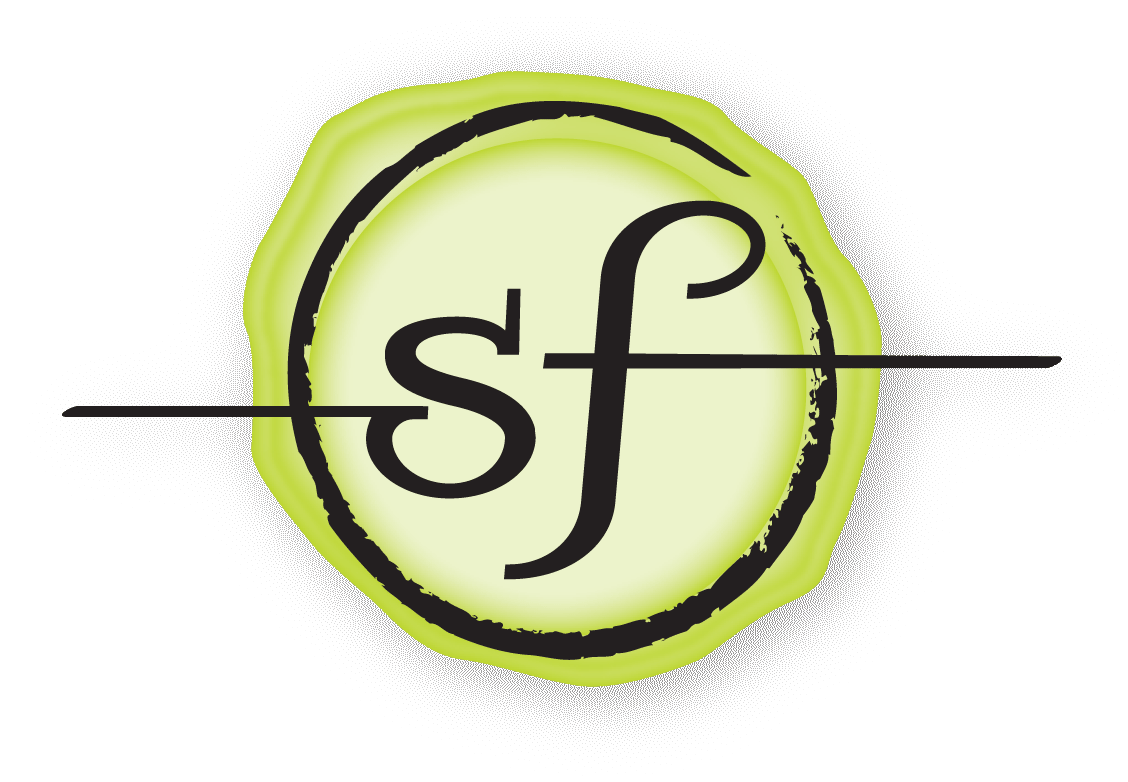As I mentioned in my last post, I spent nearly four weeks on the road earlier this spring, visiting clients, attending conferences, and facilitating classes and workshops. The first half of the trip was spent in the eastern United States, visiting Hendrix College and Washington, DC.
Hendrix is a small, liberal-arts college in Conway, Arkansas, and the history and gender studies departments invited me to visit the campus to work with students and give a public presentation on the historic preservation of sites related to LGBTQ history. Over the course of two days, I met with students in three different history courses, and over lunch, conversing about public history, the history of LGBTQ political activism, my work, and work they are doing in the form of senior research projects. Since I don’t teach at the college level regularly, it’s always a pleasure when I get to interact with students, and the ones I met at Hendrix repeatedly impressed me with their curiosity and thought-provoking questions—many of which I’d never been asked before.

While in Arkansas, I also gave a public talk at Hendrix, “Preserving the Landscape of LGBTQ History.” This was my first presentation drawn from my current book project: Places of Survival, Places of Pride: Preserving the Sites of LGBTQ History. Because this particular talk was aimed at a general audience, I began by introducing the idea of historic preservation and discussing some of the challenges of using traditional preservation methods when dealing with the queer past. These challenges include locating the sites, addressing the fact that so many of these sites have already been lost, and—for surviving sites–documenting their significance using the parameters of formal preservation policy, which often don’t apply to this type of history. I then recounted some of the work I’ve done in trying to identify properties significant to LGBTQ history and explored some approaches we might take to preserve the memory of LGBTQ historic sites, even when they aren’t eligible for traditional historic designation and protection. This presentation was a broad introduction to the issues surrounding LGBTQ historic preservation, but it renewed my commitment to exploring these topics more fully in the book I’m working on.
Once my visit to Hendrix concluded, my next stop was Washington, DC, where I facilitated a day-long professional workshop on “LGBTQ History and Interpretation” at the Charles Sumner School Museum and Archive. The workshop was sponsored by the National Park Service (NPS) National Capital Region, and about half of the thirty or so attendees were from various units and programs of the park service. NPS also opened attendance up to their partner organizations, so attendees also included representatives from various preservation organizations and libraries, as well as a number of representatives from the wonderful Rainbow History Project, a DC group dedicated to the history of LGBTQ communities in the District. The professional range of attendees made for good discussion enriched by a variety of perspectives.
This workshop was an abridged version of a two-day workshop I gave in Philadelphia last December. Given half the time, we unfortunately weren’t able to cover as many parts of this surprisingly broad topic. Instead, I focused on what I see as the most pressing issues:

- Definitions and Terminology
- Approaching the Queer Past, the Basics
- How to Talk about These Issues with the Public
- Local Case Studies
I thank both Hendrix College and the National Park Service for sponsoring these presentations. I am also available to adjust either of these events—the public talk on LGBTQ History Preservation and the professional training workshop on LGBTQ History and Interpretation—to fit other organizations’ interests and needs. If you are interested, please contact me so that we can explore the possibilities.
The views and conclusions contained in this document are those of the author and should not be interpreted as representing the opinions or policies of the U.S. Government. Mention of trade names or commercial products does not constitute their endorsement by the U.S. Government.
